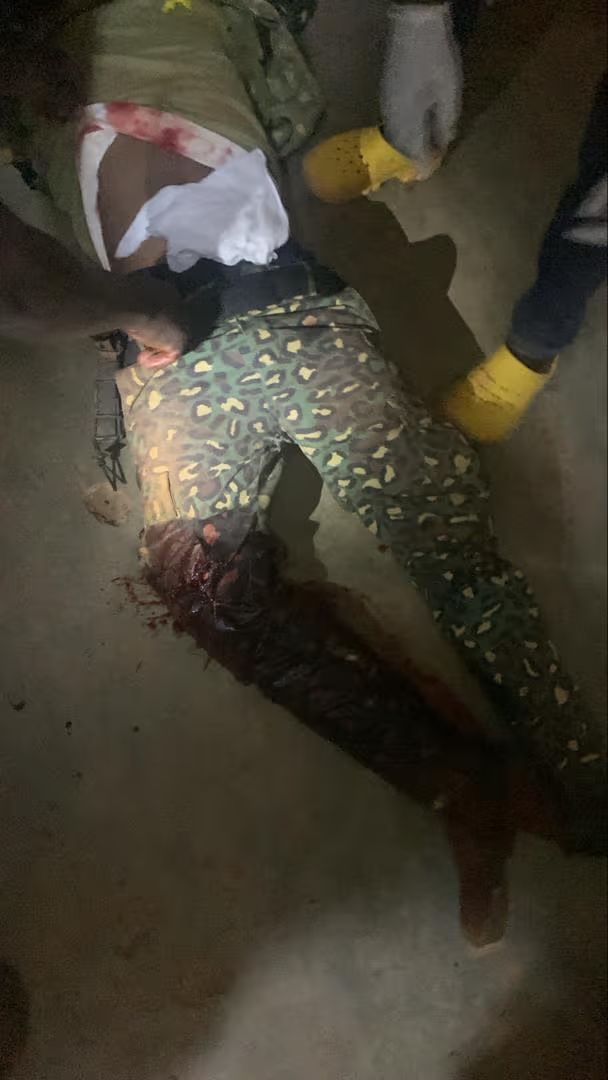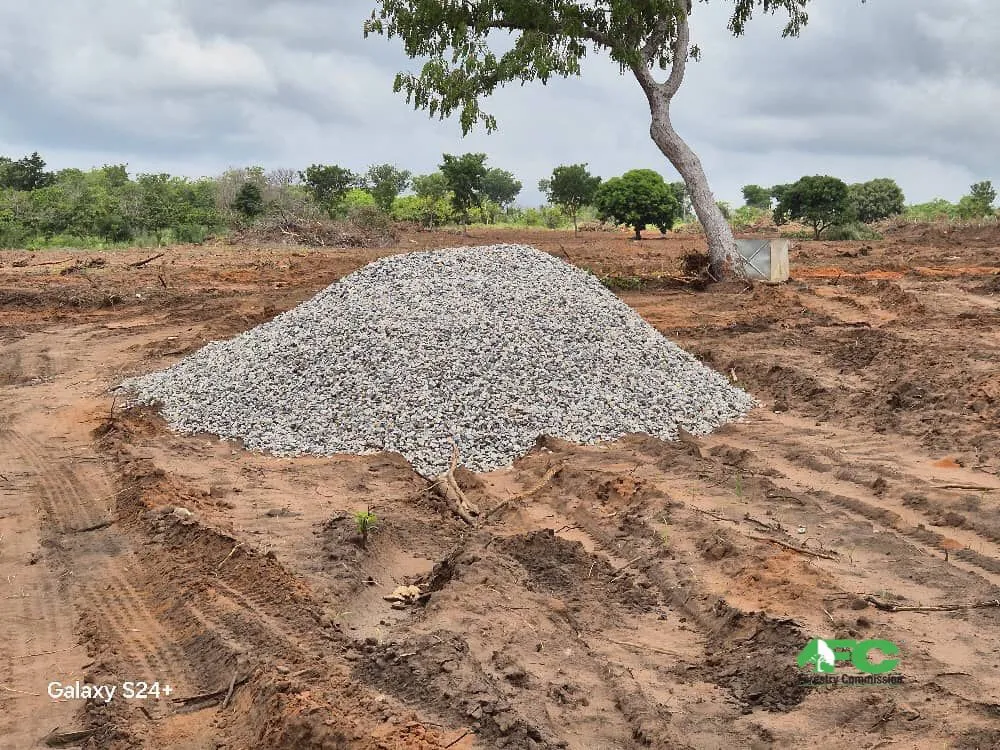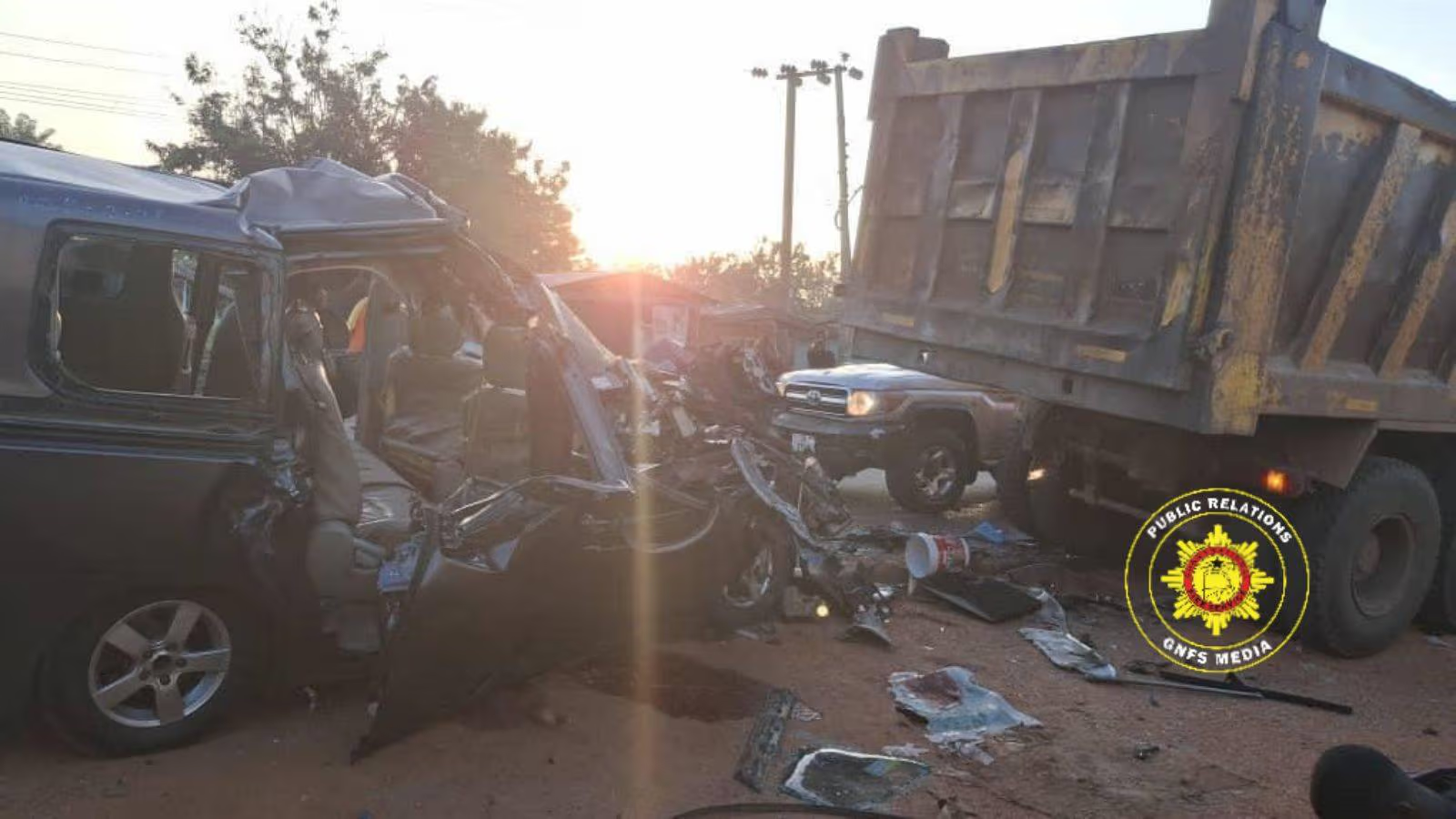Director-General of the Ghana Maritime Authority, Dr. Kamal-Deen Ali has said is water transport is the safest compared to air, road and rail transportation.
He argued that the only difference between water transport and the other forms of transport is the non-compliance by passengers to put on life jackets when transporting by inland waters – a situation which has accounted for many lives lost in boat and canoe accidents.
He noted that his outfit will continue to enforce such measures to reduce the rate of deaths recorded in boat accidents.
“Water transport is the safest. Water transport is much safer than air transport, it is safer than road transport, it is safer than rail transport.
“The only difference is that just because in this particular incident that we have mentioned and in a number of cases, the culture and the enforcement of wearing life jackets is one that our people have been avoiding and which we continue to insist and enforce,” he stated in an interview on TV3’s Hot Issues, Sunday, November 2, 2025.
He further explained that the Ghana Maritime Authority is working with the Transport Ministry to lay before Parliament an Act to expand inland water regulatory to ensure the licensing for canoes that ply in Ghana’s inland waters.
“We have what we call the inland water regulatory. Previously, this was small and we have identified that we need to expand it so we are having an expanded regime coming in future where this will be laid before Parliament through the transport minister and then this will go through Parliamentary approval and be enacted into law,” he noted.
He emphasised that the expansion of the inland water regulatory is “extremely important” as such will ensure accountability.
“…we know that this person has this boat, the boat is associated with the person, we are also able to check whether that person has purchased life jackets and when was the last time that particular boat has been inspected if any.
“So, it will help in enhancing some of the things that we are already doing and it will ultimately lead to greater safety.”







